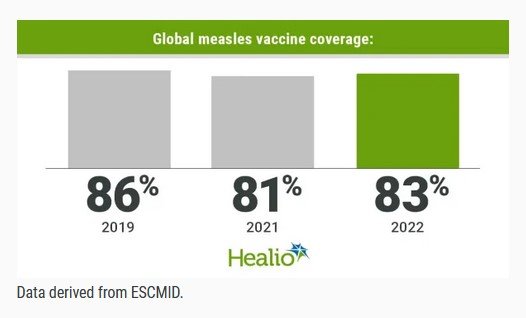-
Posts
37,031 -
Joined
-
Last visited
-
Days Won
6
Content Type
Events
Forums
Downloads
Quizzes
Gallery
Blogs
Everything posted by TallGuyJohninBKK
-
Thailand MoPH Weekly COVID report for Apr. 28 - May 4, 2024: --1,792 new COVID hospitalizations, averaging 256 per day, up 120 / 7.2% from the prior week --12 new COVID deaths, up 3 / 33.3% from the prior week --501 current COVID patients hospitalized in serious condition (pneumonia symptoms), up 111 / 28.5% from the prior week (dark purple) --187 current COVID patients hospitalized requiring intubation/ventilation to breathe, up 39 / 26.4% from the prior week (light purple) Cumulative figures since the start of the current year are COVID new hospitalizations (13,057) & COVID deaths (93). Of the 12 new official COVID deaths, the MoPH below is reporting that 6 were male and 6 female. By age, 11 were 70 and above, and one was age 20-49. https://ddc.moph.go.th/covid19-dashboard/?dashboard=main Reported weekly COVID new hospitalizations have now risen for the past 8 consecutive weeks since mid-March and more than tripled over that period, as follows for the weeks ending: March 16 -- 501 March 23 -- 630 March 30 -- 728 April 6 -- 774 April 13 -- 849 April 20 -- 1,004 April 27 -- 1,672 May 4 -- 1,792 The latest weekly new COVID hospitalizations total is Thailand's highest since mid-June 2023, when the total hit 2,158. Thailand's weekly new COVID hospitalizations peaked last spring at 3,085 in early June amid a similar run-up that began in mid-April.
-

Moderna reports $1.2 billion net loss in Q1 2024
TallGuyJohninBKK replied to Red Phoenix's topic in COVID-19 Coronavirus
The survey results posted above come from just a few dozen health care workers in Poland, 69 to be precise, according to the article. Not exactly impressive in scale or consequence. But among the 69 who first had the opportunity to take a 2nd COVID vaccine booster starting in fall 2022, more than half did. And there were some other interesting details making these HCWs hardly poster-people for the anti-vax movement, as follows: "At the time of enrollment, all HCWs had received the recommended two basic doses of BNT162b2 vaccines (Pfizer—BioNTech) in January/February 2021. The vast majority of study participants (92.75%) had received at least one dose of vaccine booster, with two doses of vaccine booster administered to 50.73% of the analysed individuals. Interestingly, all HCWs with no previously confirmed SARS-CoV-2 infection had received at least one vaccine booster dose. Only 5 of 69 HCWs had not received any vaccine booster. The highest number of HCWs without any vaccine boosters was observed among administration personnel " And, the future vaccine hesitancy opinions expressed in the article came from a grand total of 34 out of the 69 total HCWs, most of whom had already had three COVID vaccinations. So the number giving any particular reason for their views (too busy, already had COVID, do plan to get a future vaccine, prefer not to answer, etc.) mostly was less than 5 respondents per answer. Earth shaking stuff. https://www.mdpi.com/2076-393X/12/5/475/pdf?version=1714393067 -

Moderna reports $1.2 billion net loss in Q1 2024
TallGuyJohninBKK replied to Red Phoenix's topic in COVID-19 Coronavirus
From the OP article: "Moderna CEO Stéphane Bancel stated: “As we anticipate the launches of our Spikevax 2024-2025 formula and RSV vaccine, we are exercising financial discipline and have intensified our focus on building and utilising AI technologies to further streamline operations and enhance productivity. "With ten late-stage programmes, and additional new programmes advancing toward pivotal studies, we continue to expect numerous product milestones this year across our vaccines and therapeutics portfolio. This is the start of a banner year for our vaccine platform as we continue to advance mRNA medicines for patients. This is just the beginning.” -
Latest COVID-19 vaccines reduce hospitalization risk by around half March 01, 2024 The latest COVID-19 vaccines reduce the risk for hospitalization or visits to an ED or urgent care by around 50%, according to interim data published in MMWR. ... Overall, VE against COVID-19-associated ME or hospitalization was 51% (95% CI = 47%-54%) in the first 7 to 59 days after receiving an updated vaccine dose and 39% (95% CI = 33%-45%) in the 60 to 119 days after an updated vaccine dose. ... https://www.healio.com/news/infectious-disease/20240301/latest-covid19-vaccines-reduce-hospitalization-risk-by-around-half
-
There's no evidence that Flu and colds are killing 100+ people per week like COVID still is in the UK. Nor putting another 1,100+ per week into the hospital for COVID... And this ONE week of 100+ COVID deaths just recently in the UK is more than ALL of the documented AZ vaccine-related deaths in the UK since the start of the pandemic 4+ years ago, per the prior reporting above in this thread by The Telegraph. But of course, The Telegraph in their AZ reporting never talks about the UK's total number of COVID deaths (320,000+), or the number of UK lives saved by vaccines (estimated at 400,000+), or even that the AZ injury cases come from almost 50 million AZ doses that were given in the UK. Why would that be? (all stats previously cited/sourced in this thread). https://ukhsa-dashboard.data.gov.uk/
-
"Fabien Deruelle, PhD, Independent Researcher, Ronchin, France." "independent researcher" -- a guy who has no background or credentials on the pharma topic he's writing on. https://www.researchgate.net/profile/Fabien-Deruelle He's really more into conspiracy theory stuff like: "For a half century, the military has been developing technologies to turn climate and extreme environmental phenomena into weapons." AND "Are persistent aircraft trails a threat to the environment and health?" AND "Conflicts of interest and political lies are used to hide the truth about the dangers of electromagnetic pollution." And you're complaining about my sources......
-
More irrelevancy: I haven't cited any CDC sources or research relating to the AZ vaccine's use in the UK and TTS. The AZ vaccine was never approved or used in the U.S., so citing a report about the U.S. CDC's past employment history details is pretty irrelevant to this UK-focused topic. Frankly, if your "help us out" allegation had any merit, then the AZ vaccine should have been approved in the U.S. But it wasn't. Because the data wasn't there to support its approval. And the CDC and the FDA acted on the data (or lack thereof). That's called following the science. Government vaccine advisers say they don’t foresee AstraZeneca vaccine being used in the US April 9, 2021 (CNN) — Vaccine advisers to the federal government tell CNN they don’t foresee AstraZeneca’s Covid-19 vaccine being used in the United States, and even if it were offered, they personally wouldn’t take it, given the other available options. At one point, hopes had been high for AstraZeneca’s vaccine, with the US pledging to invest up to $1.2 billion in the vaccine. But questions arose about the accuracy of AstraZeneca’s data, and even more significantly, on Wednesday, European drug regulators said there was a possible link between the AstraZeneca vaccine and rare blood clots. Some countries – more than 70 have authorized the shot – have now limited its use." (more) https://www.cnn.com/2021/04/09/health/vaccine-advisers-astrazeneca-us/index.html Then later: AstraZeneca withdraws US COVID vaccine application, shifts focus to antibody treatments Nov 10, 2022 After missing the boat for emergency use of COVID-19 vaccines, AstraZeneca has finally pulled the plug on efforts to sell its shot in the U.S. AstraZeneca has decided to withdraw its application for COVID vaccine Vaxzevria with the FDA, CEO Pascal Soriot told reporters during a press briefing Thursday. The U.S. market is already well supplied, and the demand for vaccines is declining, Soriot said. Because the FDA has already fully approved mRNA vaccines from Pfizer/BioNTech and Moderna, the agency’s emergency use authorization pathway for other vaccines is closed. Given the two mRNA shots have already become entrenched players in the U.S., there’s little room left for Vaxzevria in the market. (more) https://www.fiercepharma.com/pharma/astrazeneca-withdraws-us-covid-vaccine-application-focus-shifts-antibody-treatments
-
Here's another one for you pointing to viral vector, not mRNA: 4.3.1. Epidemiology of VITT including vaccine-associated causality Two adenoviral vector-based vaccines have been implicated in VITT: ChAdOx1 nCoV-19 (produced by AstraZeneca, University of Oxford, Serum Institute of India); and Ad26.COV2.S (produced by Janssen, Johnson & Johnson) [34]. There are limited data available for the Gam-COVID-Vac/Sputnik V vaccine (produced by Gamaleya Institute), though cases of possible VITT have been reported related to this vaccine [35]. A single case of possible VITT has been reported related to the mRNA-1273 vaccine (produced by Moderna) and another related to the Gardasil 9 vaccine for human papillomavirus [36], [37]. Caution should be used in interpreting these discrete cases since they may represent the background rate of spontaneous heparin-induced thrombocytopenia (which also involves platelet activating anti-PF4-IgG), viral-infection associated VITT, or other types of TTS also unrelated to vaccination [21], [23], [38], [39]. ..... Declaration of competing interest The authors declare that they have no known competing financial interests or personal relationships that could have appeared to influence the work reported in this paper. https://www.sciencedirect.com/science/article/pii/S0264410X24000574
-
The above grant was to study post COVID conditions, ie, Long COVID. Nothing to do with vaccine research or vaccine related blood clotting. That issue with the CDC foundation was many years ago, long before the COVID pandemic, as your citation notes. And to the best of my knowledge, Pfizer in recent years has not provided any meaningful financial funding to the CDC Foundation -- which is a separate entity from the CDC. In its 2022 year donor funding report, Pfizer was listed as contributing between $1000 and $9,999 to the CDC Foundation. https://www.cdcfoundation.org/FY2022/donors?group=corp
-
The feds seem to be saying, and other research I've read, that COVID infections do directly cause blood clotting problems, as posted above, per the National Heart, Lung and Blood Institute: COVID-19 and the Blood Last updated July 11, 2023 "Some people with COVID-19 develop abnormal blood clots, including in the smallest blood vessels. The clots may also form in multiple places in the body, including in the lungs. This unusual clotting may cause different complications, including organ damage, heart attack and stroke. Researchers think the clotting may be triggered by the high levels of inflammation caused by the SARS-CoV-2 infection. A high level of inflammation can affect multiple organs and result in severe disease. In children and teens, this high inflammation is called multisystem inflammatory syndrome (MIS-C), and it can particularly affect the heart. People who already have damage to the blood vessels from diabetes or high blood pressure may be at higher risk of developing blood clots. In addition, some chronic health conditions may impact how COVID-19 affects your body, including your blood vessels." https://www.nhlbi.nih.gov/covid/blood
-
The increased risk of TTS blood clotting has NOT been associated with COVID mRNA vaccines, only the COVID viral vector vaccines like AstraZeneca, where the risk was discovered shortly after the AZ vaccine went mass market. Because the blood clotting problem was so rare, it did not surface in the clinical trials for the AZ vaccine. Do COVID-19 vaccines cause blood clots? "The Moderna or Pfizer-BioNTech mRNA vaccines have not been shown to increase the risk of blood clots in multiple studies. However, two COVID-19 vaccines are associated with an extremely rare syndrome known as vaccine-induced thrombotic thrombocytopenia (VITT). It was discovered in March 2021 in connection to the AstraZeneca COVID-19 vaccine and then later with the Johnson & Johnson COVID-19 vaccine. In rare cases—2 to 20 per million—antibodies that the body produces as a side effect of the vaccine lead to uncontrolled activation of platelets. This causes both low platelet counts and blood clots to form." https://healthcare.utah.edu/healthfeed/2022/09/blood-clotting-covid-19-and-vaccines
-
The 50 some plaintiffs here who are claiming injury from the AZ vaccine are entitled to their day in court. And if their injuries are proven to be related to the vaccines they received, then they should be entitled to just compensation under the law. Any such death or injury is tragic and regrettable. But despite all the nonsense from anti-vaxers, virtually any medication or treatment taken -- even the ones we use every day in life -- have the potential for causing rare or very rare and potentially serious side effects. (Listen to the side effects warnings on virtually any drug medication commercial you see on TV.) But those medicines are still licensed and used, because they're needed, and the benefits far outweigh the risks. In this instance, we're talking about 50+ plaintiffs out of about 50 MILLION AstraZeneca vaccine doses administered in the U.K., mostly back in 2021, and COVID vaccines in total in the U.K. having been credited with saving some 400,000 lives during the pandemic. (sources for all cited above in prior posts in this thread). That's literally the definition of rare, very rare.
-
And more: Blood Clotting, COVID-19 and Vaccines "Blood clotting is a well-recognized complication of SARS-CoV-2 infection. It has also been identified as an extremely rare side effect of certain COVID-19 vaccines. The risk with vaccines is exceedingly low and individuals are at a significantly higher risk of developing a blood clot from COVID-19 infection than following COVID-19 vaccination." [emphasis added] What is the link between blood clots and COVID-19? The association between COVID-19 and blood clots was recognized early in the pandemic among hospitalized COVID-19 patients. These patients experienced blood clots both in deep veins and arteries, which sometimes led to strokes and heart attacks. Although these conditions have mostly been seen in patients with severe COVID-19 illness, people with non-severe illness have also developed blood clots. ... If deciding whether a COVID-19 vaccine is worth the risk, Abou-Ismail tells his patients that ”mRNA COVID-19 vaccines are safe in patients with a history of blood clots or increased risk factors. The risk of developing a blood clot from COVID-19 infection is far higher than getting a blood clot from a COVID-19 vaccine.” https://healthcare.utah.edu/healthfeed/2022/09/blood-clotting-covid-19-and-vaccines
-
And there's plenty of evidence that COVID infections themselves can lead to greater and more frequent blood clotting problems than from the viral vector vaccines: COVID-19 and the Blood Last updated July 11, 2023 "Some people with COVID-19 develop abnormal blood clots, including in the smallest blood vessels. The clots may also form in multiple places in the body, including in the lungs. This unusual clotting may cause different complications, including organ damage, heart attack and stroke. Researchers think the clotting may be triggered by the high levels of inflammation caused by the SARS-CoV-2 infection. A high level of inflammation can affect multiple organs and result in severe disease. In children and teens, this high inflammation is called multisystem inflammatory syndrome (MIS-C), and it can particularly affect the heart. People who already have damage to the blood vessels from diabetes or high blood pressure may be at higher risk of developing blood clots. In addition, some chronic health conditions may impact how COVID-19 affects your body, including your blood vessels." https://www.nhlbi.nih.gov/covid/blood Thrombosis (blood clots) with Thrombocytopenia syndrome (TTS): During thrombosis, blood clots form and block the blood vessels. In thrombocytopenia, there are low numbers of platelets cells that help blood clot. This can cause internal bleeding. These issues were reported in a small number of cases after more than 12 million doses (Johnson & Johnson and Moderna COVID-19 vaccines). These conditions can be life-threatening if untreated. Most cases have occurred one to two weeks after vaccination in women, ages 18 to 49. If you get a COVID-19 infection, the risk of thrombosis is greater than you would get from the vaccine. [emphasis added] https://www.stjude.org/about-st-jude/stories/making-a-difference/covid-19-vaccine-side-effects-how-common-are-they.html
-
The rare blood clotting with low platelet levels problem, informally known as TTS, can be caused by many different conditions, not just viral vector vaccines, and with quite a few different causes more frequent than those vaccine-related (which are rated below as "rare"), as laid out in the following study from March 2024: 4.1.3. Thrombocytopenia with thrombosis syndrome (TTS) TTS has many possible causes which vary in frequency and pathogenesis which can be immune-mediated or non-immune-mediated (Table 3) [29]. VITT is in the category of immune-mediated entities. Some of the conditions in Table 3 can be easily recognised clinically, whereas others are more difficult to diagnose and may require specific laboratory assays. https://www.sciencedirect.com/science/article/pii/S0264410X24000574
-
The election is still months away, and depending on which poll someone wants to pick, the numbers are close, generally within the margins of error. Newsweek via MSN: Donald Trump Stung by Double Polling Blow Two polls have suggested Donald Trump will lose the presidential election, in the latest swing in what has been a tight race so far. ... Polls have so far shown that the results will be tight as the pair are statistically tied in most surveys or enjoying only marginal leads. However, two recent polls have suggested Trump is now lagging, marginally. In one poll of 1,046 adults by Florida Atlantic University and Mainstreet Research, 40 percent of all voters said they would vote for Biden and 38 percent would choose Trump in a race in which independent candidate Robert F. Kennedy Jr. was included. When only likely voters were polled, 44 percent said they would vote for Biden and 39 percent for Trump. (more) https://www.msn.com/en-us/news/politics/donald-trump-stung-by-double-polling-blow/ar-AA1o5xpW
-
Here's a Thai ingredients label for their product. They call it "Ice Confection"! Actual liquid milk or cream seems kinda hard to find. https://www.tops.co.th/en/walls-ice-cream-vanila-cup-51g-8851932074025 In the past, when I've checked the ingredient labels for the cheapest "ice creams" in Thailand, they often seemed to have various forms of sugar and palm oil as among their primary ingredients.
-
Everyone understood all along that the rapid tests were not as accurate at the PCR tests. But early on in the pandemic, the testing demand was huge and sufficient PCR capacity simply didn't exist. So they ended up going to the mass market with the best alternative they had. The rapid tests worked to a reasonable extent, particularly if repeated as recommended, just not as well as the other kind. As cited two posts above: "Alternatively, if RT-PCR tests are not available or accessible, clinicians and patients should follow FDA's [Food and Drug Administration's] serial antigen testing recommendations to help optimize diagnostic test performance," they added.
-
Yep, clearly exposed: Report: COVID-19 vaccines saved US $1.15 trillion, 3 million lives A Commonwealth Fund study estimates that, through November 2022, COVID-19 vaccines prevented more than 18.5 million US hospitalizations and 3.2 million deaths and saved the country $1.15 trillion. [emphasis added] https://www.cidrap.umn.edu/covid-19/report-covid-19-vaccines-saved-us-115-trillion-3-million-lives Right here for everyone to see.
-
COVID-19 hospitalizations hit record low, the CDC says There were 5,615 COVID hospitalizations in the most recent week data available. Weekly COVID-19 hospitalizations have hit their lowest level ever reported since the pandemic began, according to data from the Centers for Disease Control and Prevention. There were 5,615 COVID hospitalizations in the most recent week data that is available. In comparison, there were over 150,000 weekly admissions at the peak of the Omicron variant circulating in early 2022. "The significant decline in COVID-19 hospitalizations and deaths to these new lows is encouraging, showing that our public health measures and vaccination efforts have paid off," said Dr. John Brownstein, chief innovation officer at Boston Children’s Hospital and an ABC News medical contributor. (more) https://abcnews.go.com/Health/covid-19-hospitalizations-hit-record-low-cdc/story?id=109793784 These below may be among the last official weekly U.S. COVID hospitalization reports we'll see for a while: Odd convergence: 5,000+ current COVID hospitalizations in the U.S., and 5,000+ new COVID hospitalizations for the most recent week: CDC source: The key looming question is will the recent declines be sustained, or be just a temporary seasonal reprieve. Last spring 2023, U.S. COVID hospitalizations (as shown in the charts above) declined markedly into the spring-summer, and then rose markedly again at the end of 2023 and into early 2024. The question is will the same seasonal pattern repeat itself again toward the end of 2024 and into 2025, or the U.S. will get a real sustained COVID reprieve? The year-end 2023 spike had a somewhat lower peak than the year-end 2022 spike, which was a good sign, but weekly new COVID hospitalizations still peaked at more than 30,000 per week just a few months ago.
-
https://www.federalregister.gov/documents/2024/05/02/2024-07567/medicare-and-medicaid-programs-and-the-childrens-health-insurance-program-hospital-inpatient A Proposed Rule by the Centers for Medicare & Medicaid Services on 05/02/2024 This document has a comment period that ends in 38 days. (06/10/2024) p. Conditions of Participation Requirements for Hospitals and Critical Access Hospitals To Report Acute Respiratory Illnesses "In section X.F. of the preamble of this proposed rule, we are proposing to update the hospital and CAH infection prevention and control and antibiotic stewardship programs conditions of participation (CoPs) to extend a limited subset of the current COVID-19 and influenza data reporting requirements. These proposed reporting requirements ensure that hospitals and CAHs have appropriate insight related to evolving infection control needs. Specifically, CMS is proposing to replace the COVID-19 and Seasonal Influenza reporting standards for hospitals and CAHs with a new standard addressing acute respiratory illnesses to require that, beginning on October 1, 2024, hospitals and CAHs would have to electronically report information about COVID-19, influenza, and RSV. CMS is proposing that outside of a public health emergency (PHE), hospitals and CAHs would have to report these data on a weekly basis."
-
As addressed in the above chart, here's what happens when people skip important vaccinations, whether due to increased anti-vaxerism or other causes: Global measles cases nearly doubled in a year There were more than 320,000 cases of measles worldwide in 2023, an 88% increase over 2022 May 02, 2024 The number of global measles cases nearly doubled in 1 year after a decline in vaccine coverage during the COVID-19 pandemic, according to experts. Experts presented data at the ESCMID Global Congress showing an 88% increase in global measles cases from 2022 to 2023 and a tripling of the number of countries experiencing a large or disruptive measles outbreak. In the United States, nearly one-third of all measles cases since 2020 have been reported in 2024, CDC researchers reported last month. Measles vaccine coverage in the U.S. has remained below 95% — the rate widely considered necessary to prevent outbreaks — for the last 3 years at roughly 93%. https://www.healio.com/news/infectious-disease/20240502/global-measles-cases-nearly-doubled-in-a-year The U.S. previously declared that it had eradicated endemic transmission of measles, but now risks losing that status, as the above article recounts. The UK appears in a similar situation. The U.K. lost its measles elimination status in 2019, then regained it in 2021. However, since October 2023, there have been 1,294 measles cases in England, according to the above article.
-
More bad news for Trumpers: DJT Stock Falls. SEC Charges Trump Media Auditing Firm With ‘Massive Fraud.’ Trump Media & Technology Group shares were falling Friday after the Securities and Exchange Commission charged the company’s auditing firm with “massive fraud.” The regulator has charged BF Borgers CPA and its owner Benjamin Borgers “with deliberate and systemic failures to comply with Public Company Accounting Oversight Board standards in its audits and reviews incorporated in more than 1,500 SEC filings from January 2021 through June 2023,” according to a filing. To settle the chargers, BF Borgers and Benjamin Borgers have agreed to pay civil penalties of $12 million and $2 million, respectively. Both also have agreed to permanent suspensions from appearing and practicing before the SEC as accountants, effective immediately. ... Trump Media stock was tumbling 5.2% to $46.15. https://www.msn.com/en-us/money/companies/djt-stock-falls-sec-charges-trump-media-auditing-firm-with-massive-fraud/ar-AA1o5xV8 Is anyone surprised?


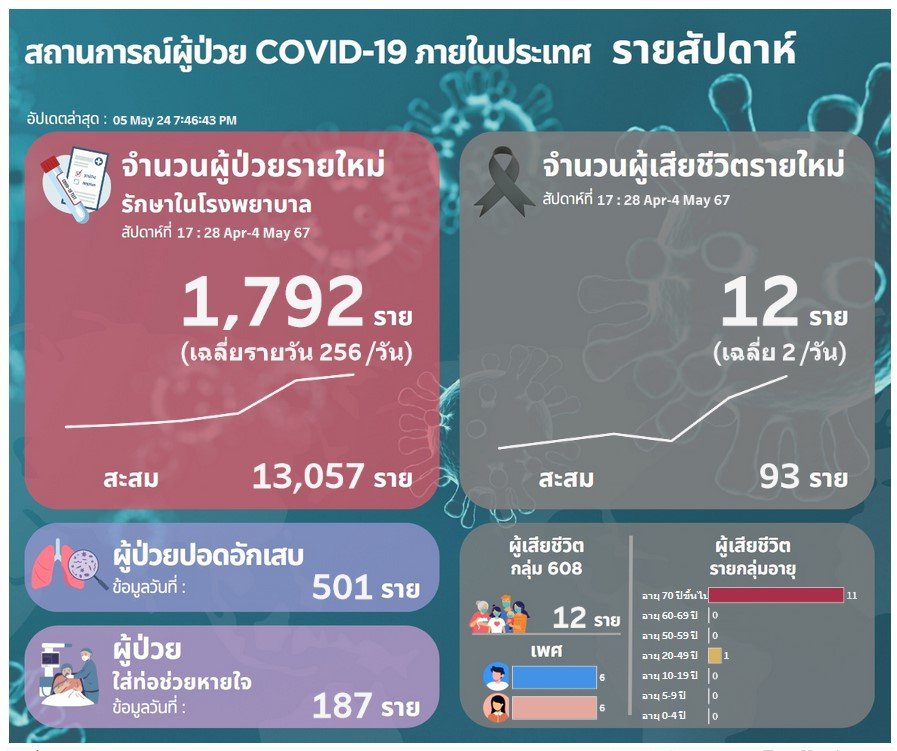
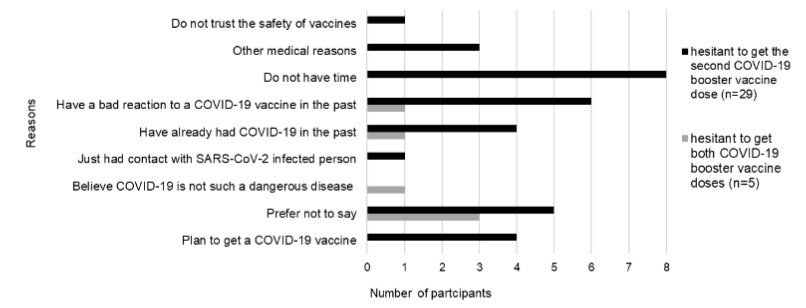

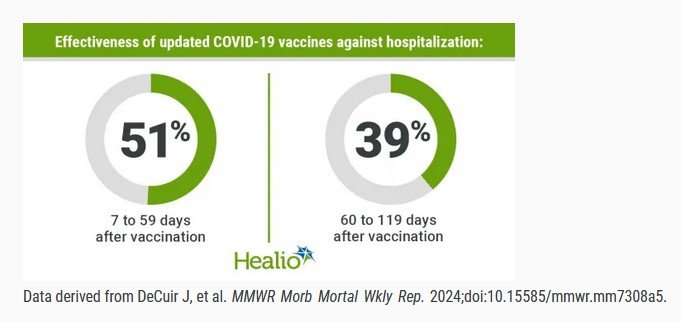

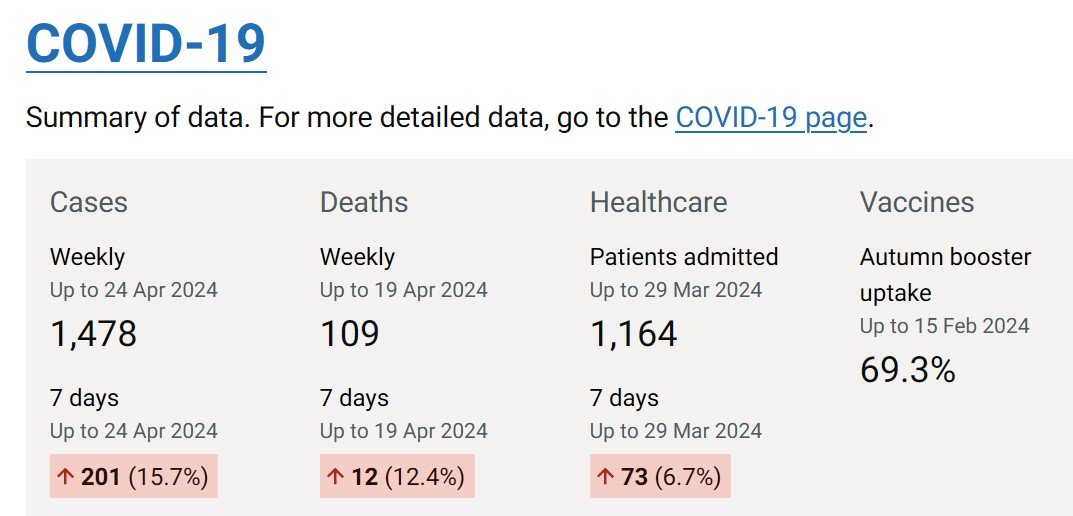








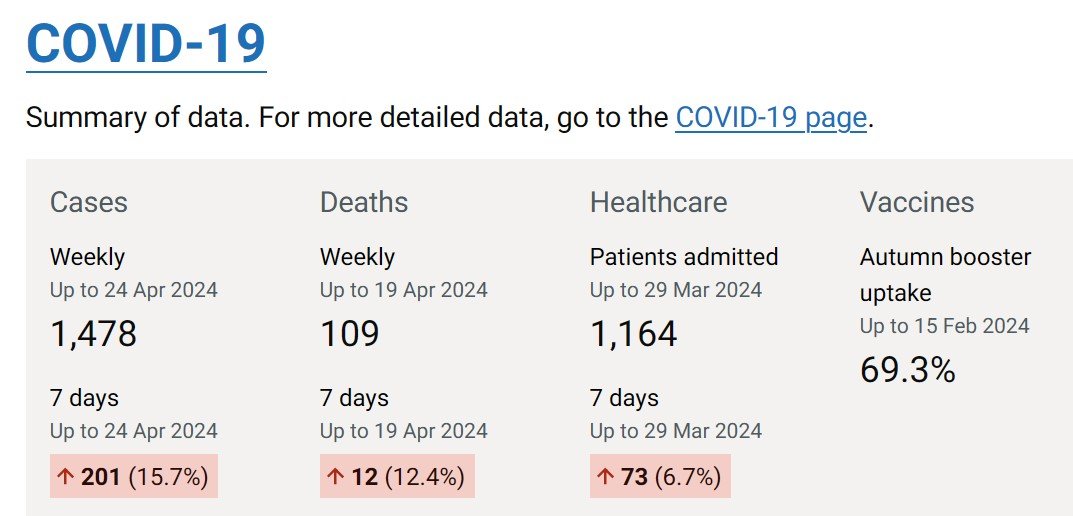

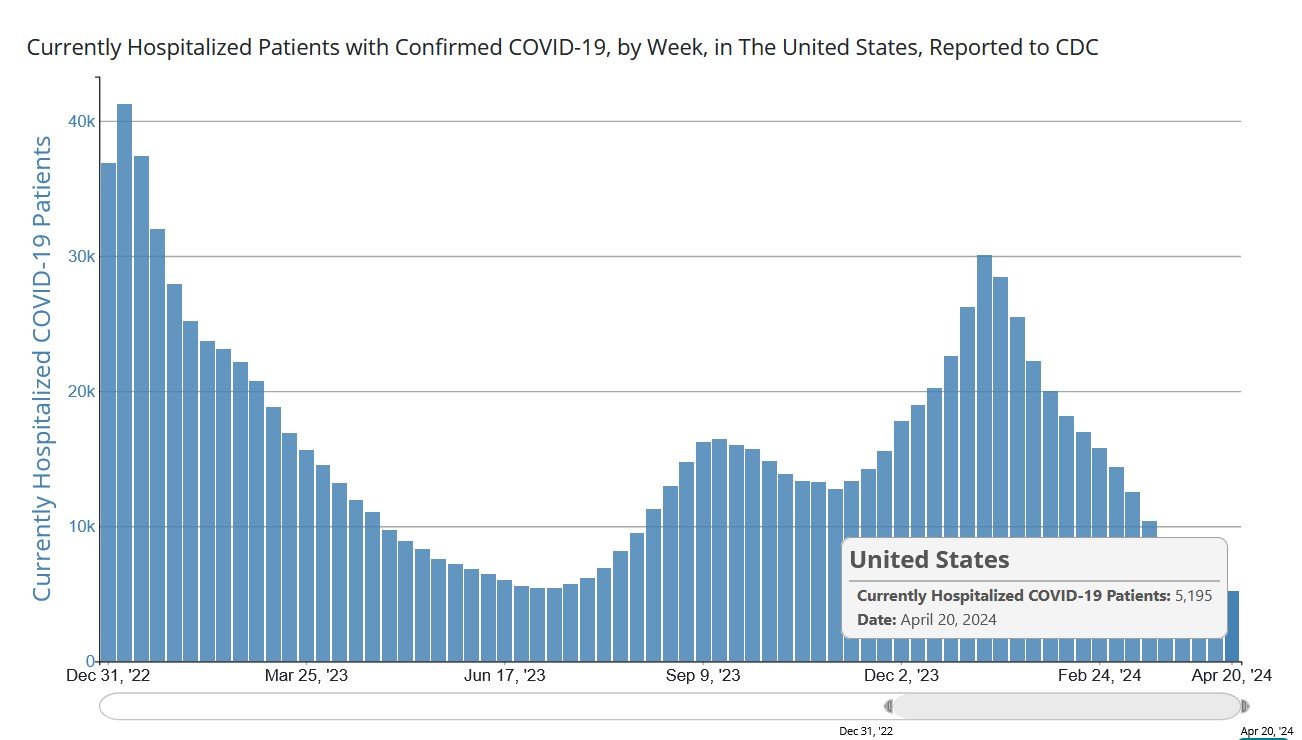

.jpg.c9640cc5a61440a86a437f9a5d095916.jpg)
